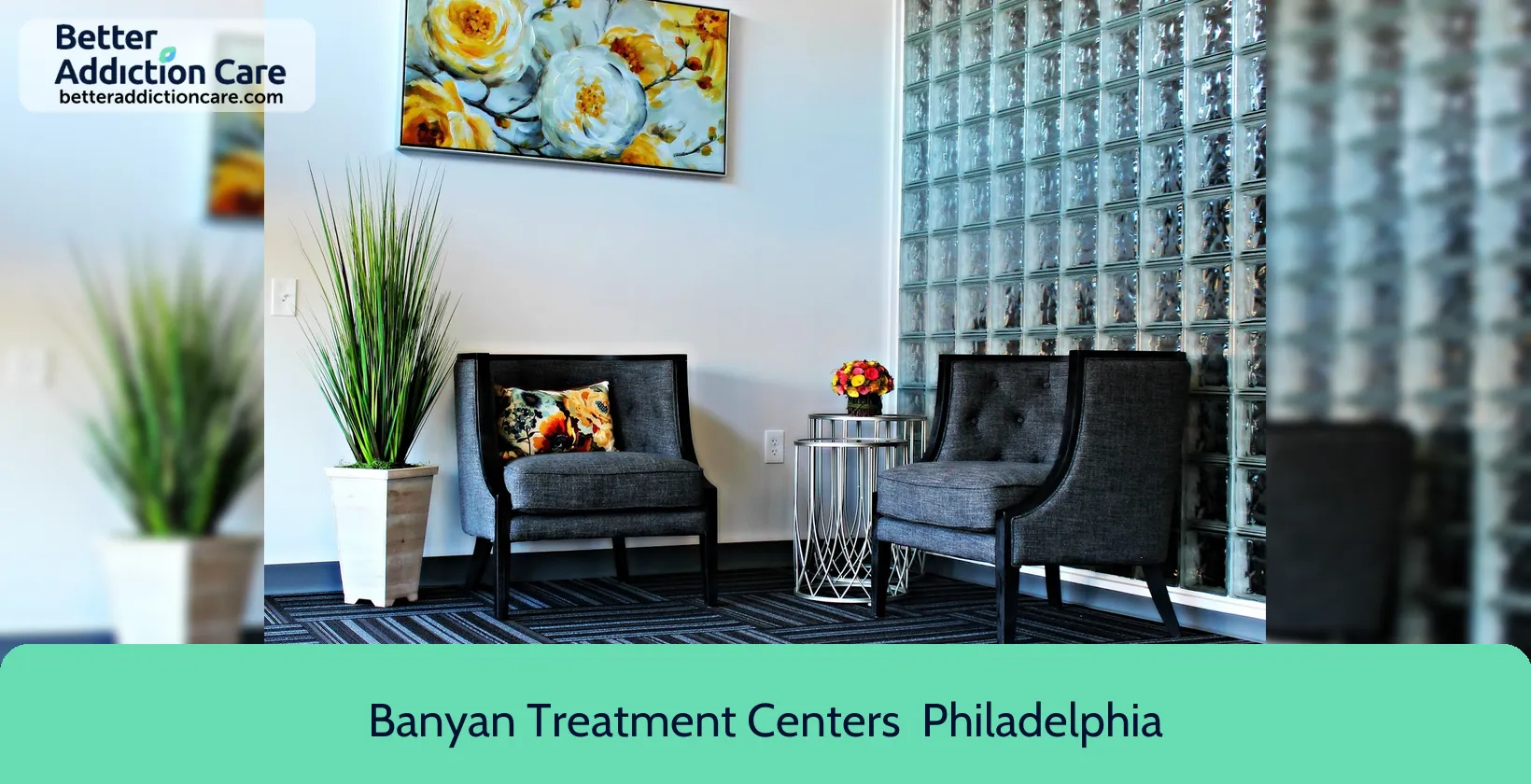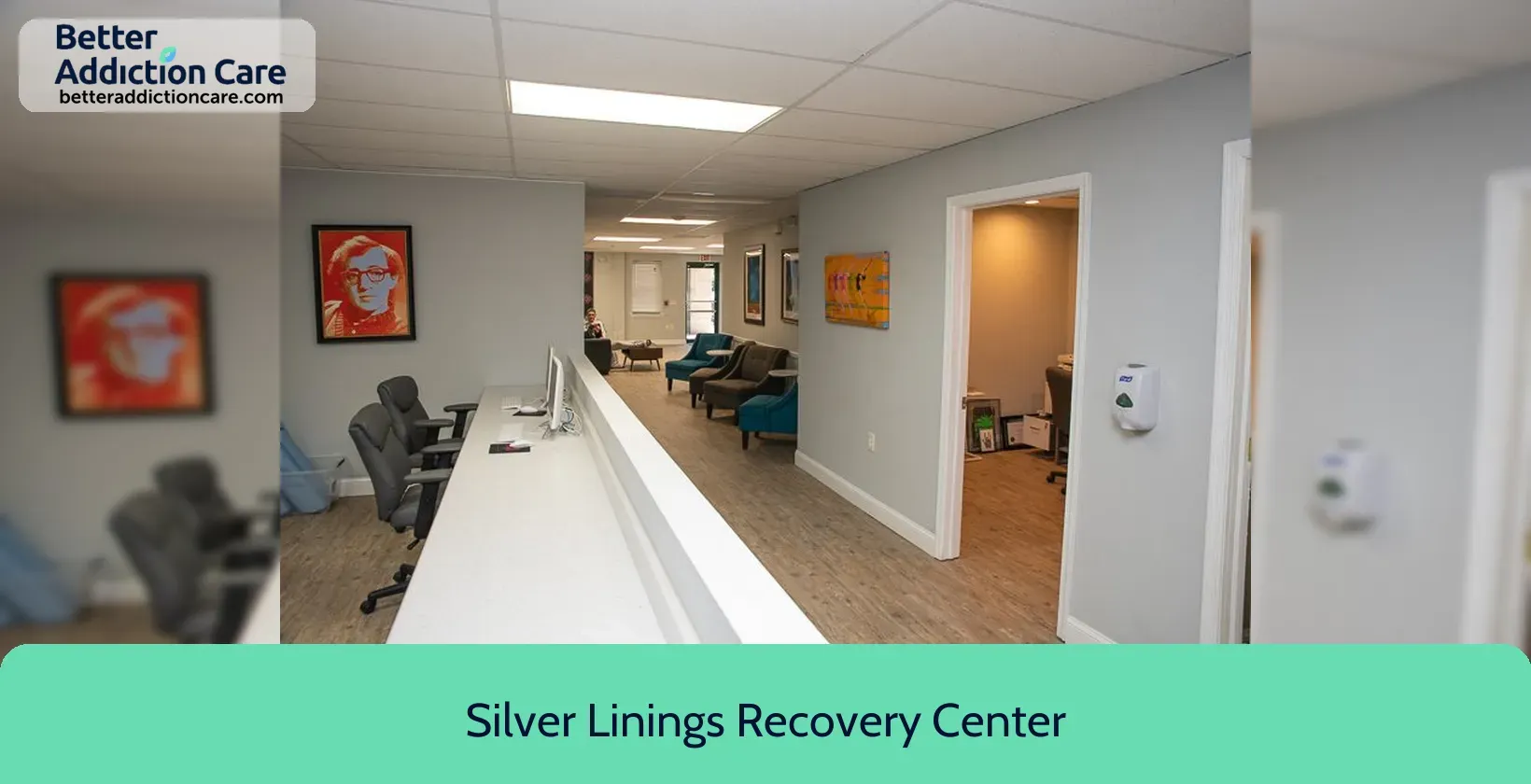Penndel Mental Health Center

Overview
Penndel Mental Health Center is a substance abuse treatment center for people seeking treatment near Bucks County. As part of their treatment modalities for recovery, Penndel Mental Health Center provides cognitive behavioral therapy, telemedicine/telehealth therapy, and substance use disorder counseling during treatment. Penndel Mental Health Center is located in Langhorne, Pennsylvania, accepting cash or self-payment for treatment.
Penndel Mental Health Center at a Glance
Payment Options
- Cash or self-payment
- Medicaid
- Medicare
- State-financed health insurance plan other than Medicaid
- Private health insurance
Assessments
- Screening for tobacco use
- Comprehensive mental health assessment
- Comprehensive substance use assessment
- Outreach to persons in the community
- Screening for mental disorders
Age Groups
- Seniors or older adults
- Young adults
- Adults
Ancillary Services
- Case management service
- Suicide prevention services
- Mental health services
- Social skills development
Highlights About Penndel Mental Health Center
7.13/10
With an overall rating of 7.13/10, this facility has following balanced range of services. Alcohol Rehabilitation: 8.00/10, Drug Rehab and Detox: 6.92/10, Insurance and Payments: 6.00/10, Treatment Options: 7.58/10.-
Alcohol Rehabilitation 8.00
-
Treatment Options 7.58
-
Drug Rehab and Detox 6.92
-
Insurance and Payments 6.00
Accreditations
State mental health department:
State mental health department accreditation refers to the process of evaluating and certifying the quality and standards of a state's mental health department, ensuring that it provides high-quality services and meets specific criteria for mental health care. The accreditation process is performed by a third-party organization and helps to improve the overall care and treatment of individuals with mental health conditions.
State department of health:

State Licenses, issued by government agencies, authorize rehabilitation organizations to legally operate within designated geographical areas. The specific licenses required for operation are typically determined by both the nature of the rehabilitation program provided by the facility and its physical location.
Treatment At Penndel Mental Health Center
Treatment Conditions
- Alcoholism
- Mental health treatment
- Substance use treatment
- Co-occurring Disorders
Care Levels
- Outpatient
- Intensive outpatient treatment
- Regular outpatient treatment
- Aftercare
Treatment Modalities
- Cognitive behavioral therapy
- Telemedicine/telehealth therapy
- Substance use disorder counseling
- Trauma-related counseling
- Smoking/vaping/tobacco cessation counseling
Ancillary Services
Languages
- Sign language services for the deaf and hard of hearing
Additional Services
- Pharmacotherapies administered during treatment
- Housing services
- Drug or alcohol urine screening
Special Programs
- Clients with co-occurring mental and substance use disorders
- Veterans
- Active duty military
- Members of military families
- Criminal justice (other than DUI/DWI)/Forensic clients
Get Help Now
Common Questions About Penndel Mental Health Center
Contact Information
Other Facilities in Langhorne

6.68

7.51

7.36

6.56

7.39
DISCLAIMER: The facility name, logo and brand are the property and registered trademarks of Silver Linings Recovery Center, and are being used for identification and informational purposes only. Use of these names, logos and brands shall not imply endorsement. BetterAddictionCare.com is not affiliated with or sponsored by Silver Linings Recovery Center.
